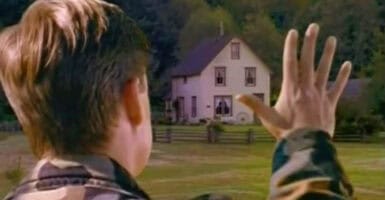The Iconic Crime Thriller Western With An Unbelievable Journey To The Big Screen
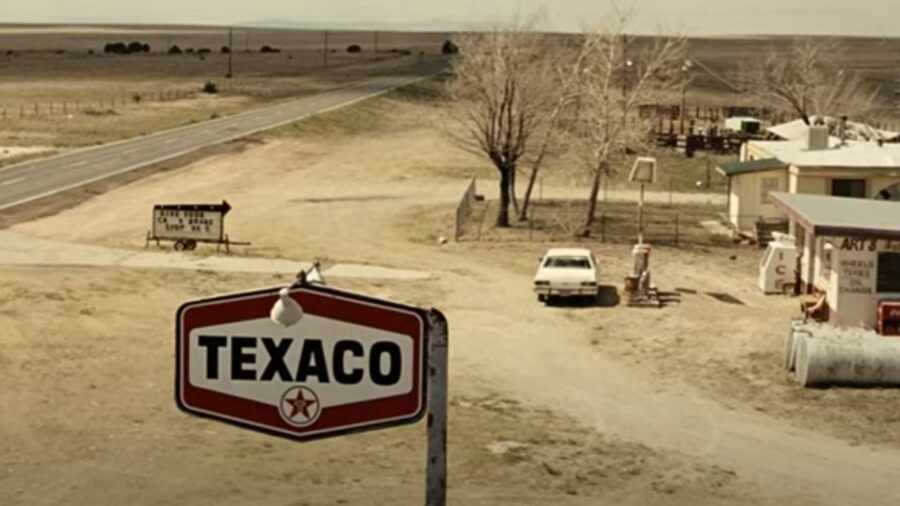
Many great films and series’ began as great works of fiction: Blade Runner, the Harry Potter series, and Game of Thrones, to name a few. However, few tales of screenplay-to-screen transformations are as intriguing, twisty, and vaguely comical as the journey of Cormac McCarthy’s No Country for Old Men from an untouched script to an Academy Award-winning film. It’s a tale speaking to the seemingly random, or perhaps fateful, nature of film development, a serendipitous affair when narratives chart distinct paths from the page to the screen.
No Country For Old Men’s Long Journey To The Screen
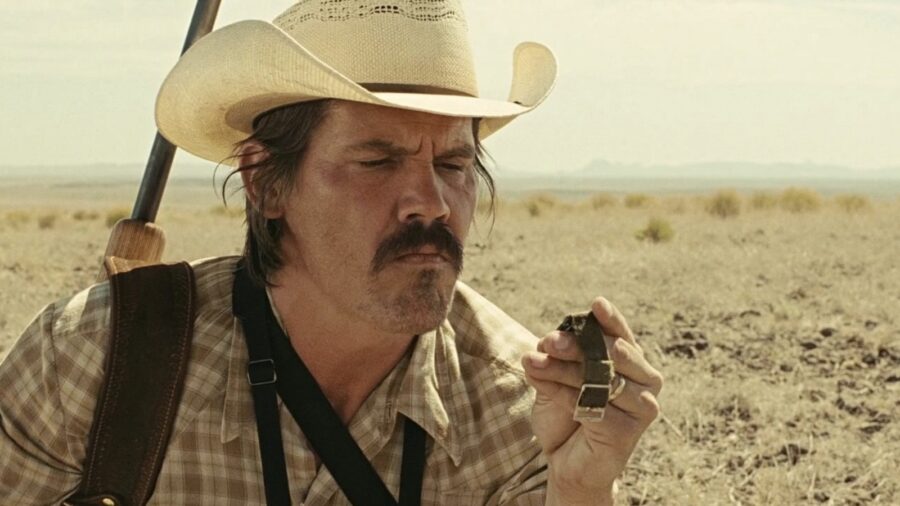
Cormac McCarthy is adored and respected for his dense, lyrical prose—a style often described as biblical and overtly influenced by William Faulkner and Herman Melville. He was also known for setting projects in the American Southwest. But unlike Blood Meridian, the terrifying Neo-western set in 1850s Texas and Mexico, or All the Pretty Horses, a period piece about cowboys, No Country for Old Men was set in the 1980s.
And, unlike nearly everything he’d written prior, No Country was a screenplay.
That’s right. A guy named Cormac—who chose this name as a pen name—a guy whose novels regularly employ words so old and archaic that dictionaries exclude them—this guy wrote a script intended for low-brow Hollywood.
Screenplay To Novel To Screenplay
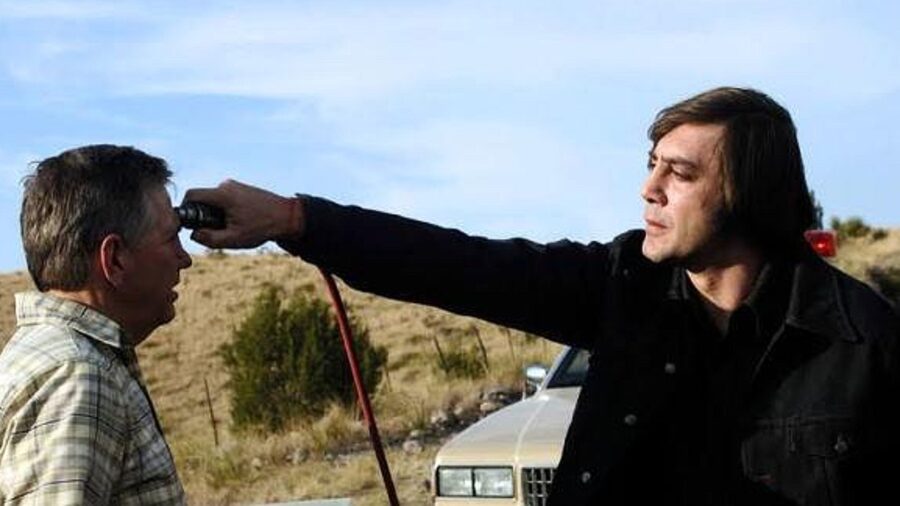
Thus, in the late ’90s, he shopped the No Country For Old Men script—a taut, stark crime thriller—to a slew of studios and producers around Tinsel Town. No takers. While this initial lack of interest could have spelled the end of the project, McCarthy soldiered on, simply—but brilliantly—”novelizing” his own screenplay.
This was more than a mere “fattening” of dialogue to dialogue-and-prose. He enriched the script with his characteristic, impactful style, signature descriptions of landscapes, and excellent employment of monologue. The full-bodied novel results, published in 2005, swiftly caught the attention of readers and critics alike, who relished its compelling, almost Greek mythic meditation on the nature of fate and temptation.
The Iconic Hit Man
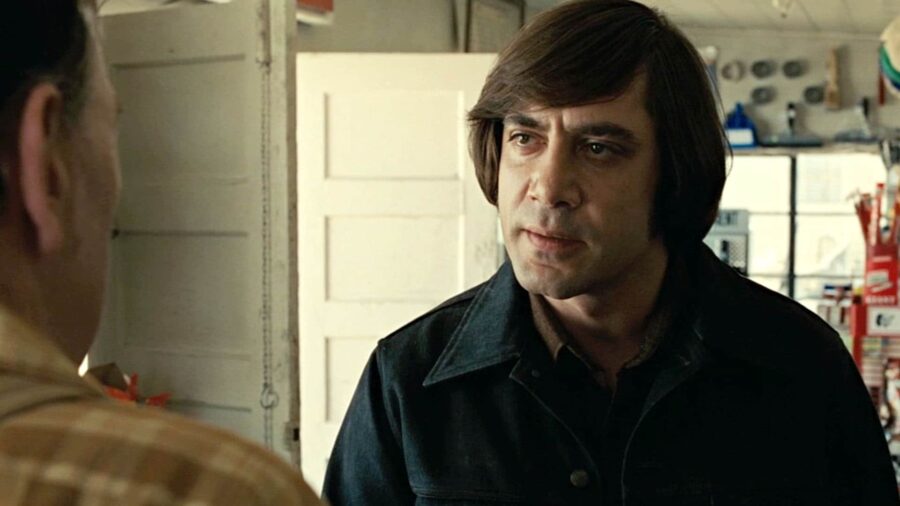
No Country For Old Men’s basic premise—someone finding a briefcase full of millions of dollars near the scene of a drug deal gone (very) wrong—and the chilling rendition of the book’s principal antagonist, Anton Chigurh, a one-man horror movie—earned McCarthy more well-deserved readership and prestige.
The Right Filmmakers For The Job

Enter Joel and Ethan Coen, the sibling filmmakers, and critical darlings famed for their ability to blend dark themes with unmistakable wit. On the lookout for their next big project, the bros happened upon McCarthy’s novel and set about adapting it into a screenplay. This, of course, largely meant deleting McCarthy’s added prose but preserving his dialogue: in other words, shooting his screenplay.
Won Multiple Oscars
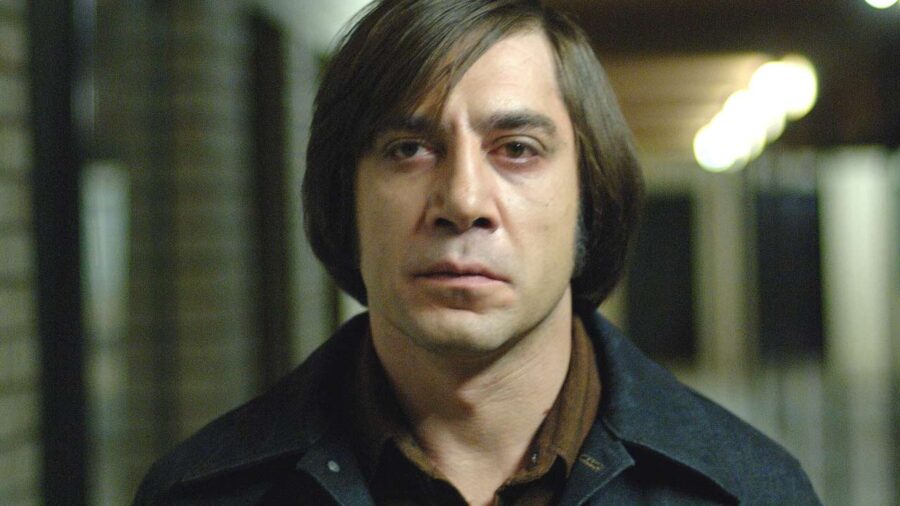
The film that followed, the 2007 film version of No Country For Old Men, was a critical and commercial grand slam, earning the Academy Awards for Best Picture, Best Director, and Best Adapted Screenplay.
At the show, Awards in hand, Ethan Coen reportedly joked with Cormac, who was also in attendance, chiding him convivially for, ya know, doing all the work.
However, unintentionally, we’re happy that McCarthy and the Coens so closely collaborated.











